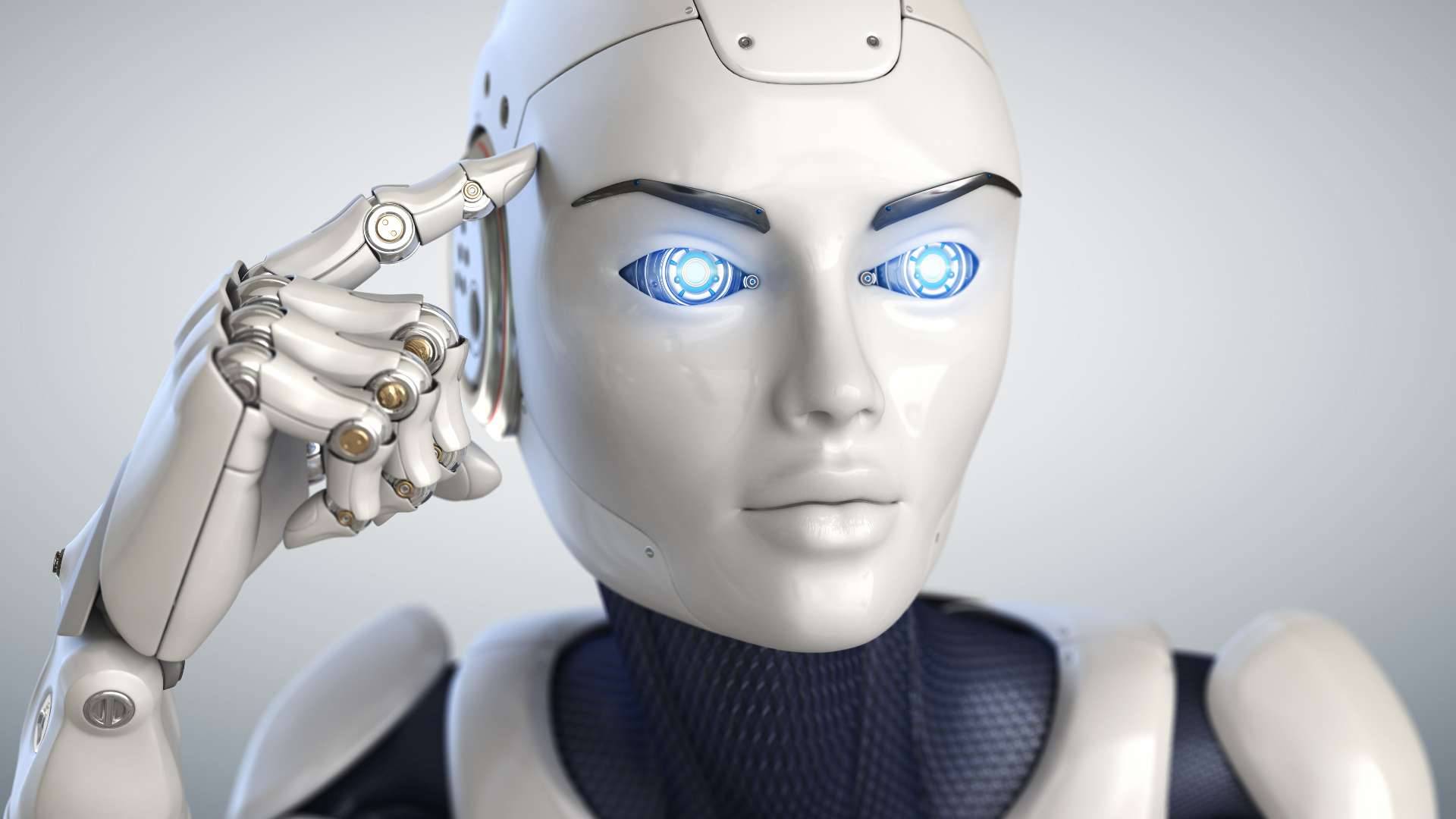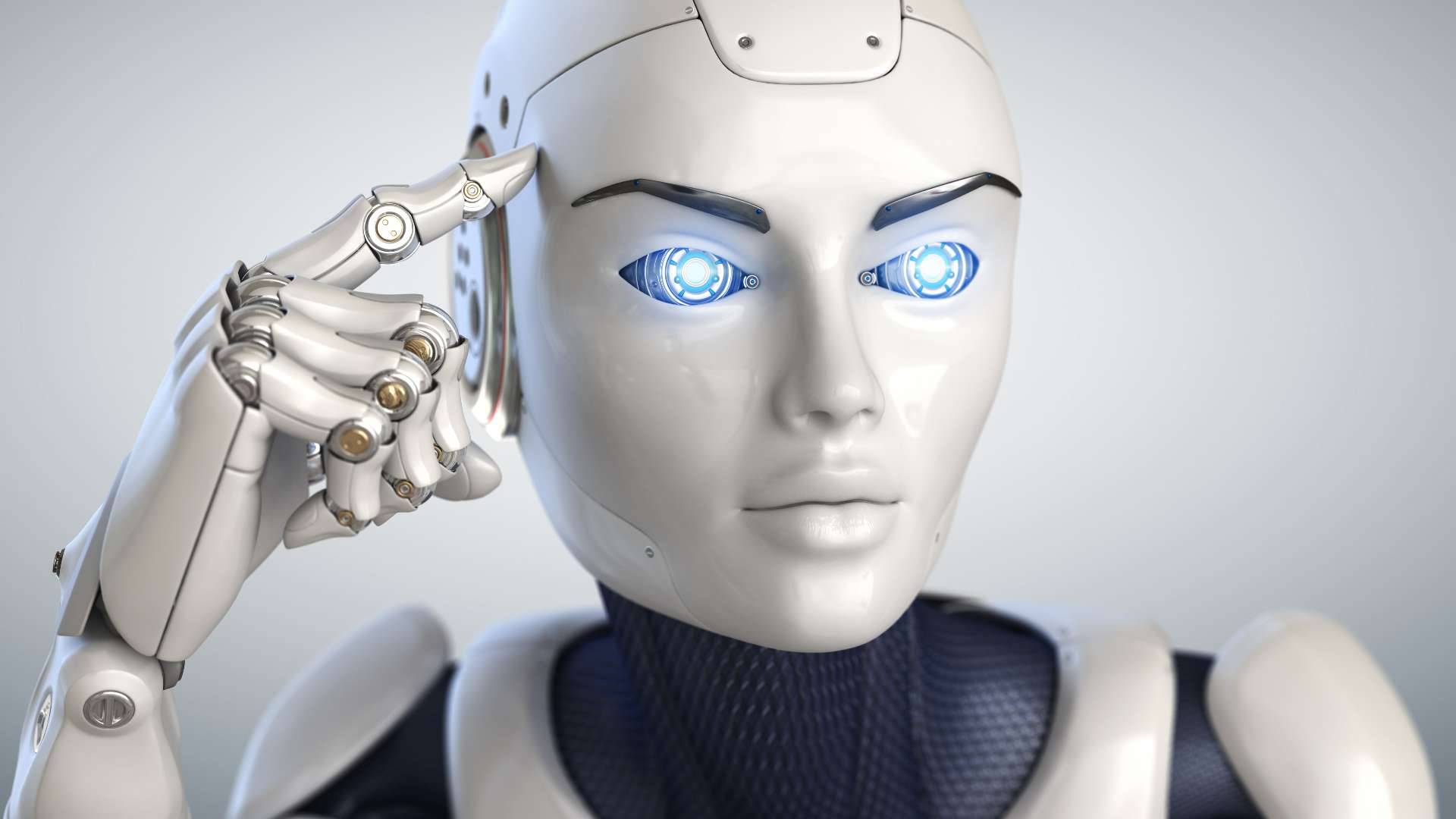
Ethics and AI
ARTICLES | Nov 26, 2021

Ethics can seem intangible but as artificial intelligence (AI) takes off they are a crucial issue for technology.
AI learns through large databases. The more information it has, the more accurate and reliable it will be. But kind of data will it have? And how will our data be used? Without ethical discussions, and frameworks to protect data privacy and ownership, we may become victims who can be manipulated by AI.
AI is used to make more and more important decisions, in automated vehicles, staff recruitment, and warfare. Dangers arise from biased data for AI training that isn’t comprehensive and doesn’t reflect the real world’s complexities. AI to protect drivers, for instance, could cause cars to hit obstacles including people. If we ignore the ethical dilemmas, people could suffer unfair treatment.
We must examine what AI can and can’t do from an ethical perspective. We can gain greater transparency of AI data analysis and see risks we mightn’t have anticipated. We can all be part of framing and honing AI by learning about its ethics.
Implications for the future:
- We cannot underestimate the transformative power of AI and, as we know, the widespread adoption of this technology will have a huge impact on our society. We need to keep monitoring and enhancing the transparency of AI to maintain justice and peace in society.
-Teaching young people about the ethics of AI can sustainably enhance their quality of life and future.
- AI security laws are important for inclusiveness and social safety.
References:
-The Impact of Artificial Intelligence on Learning, Teaching, and Education. Policies for the future doi:10.2760/12297
-https://privacyinternational.org/.../artificial-intelligence
-https://bernardmarr.com/the-7-biggest-ethical-challenges.../











